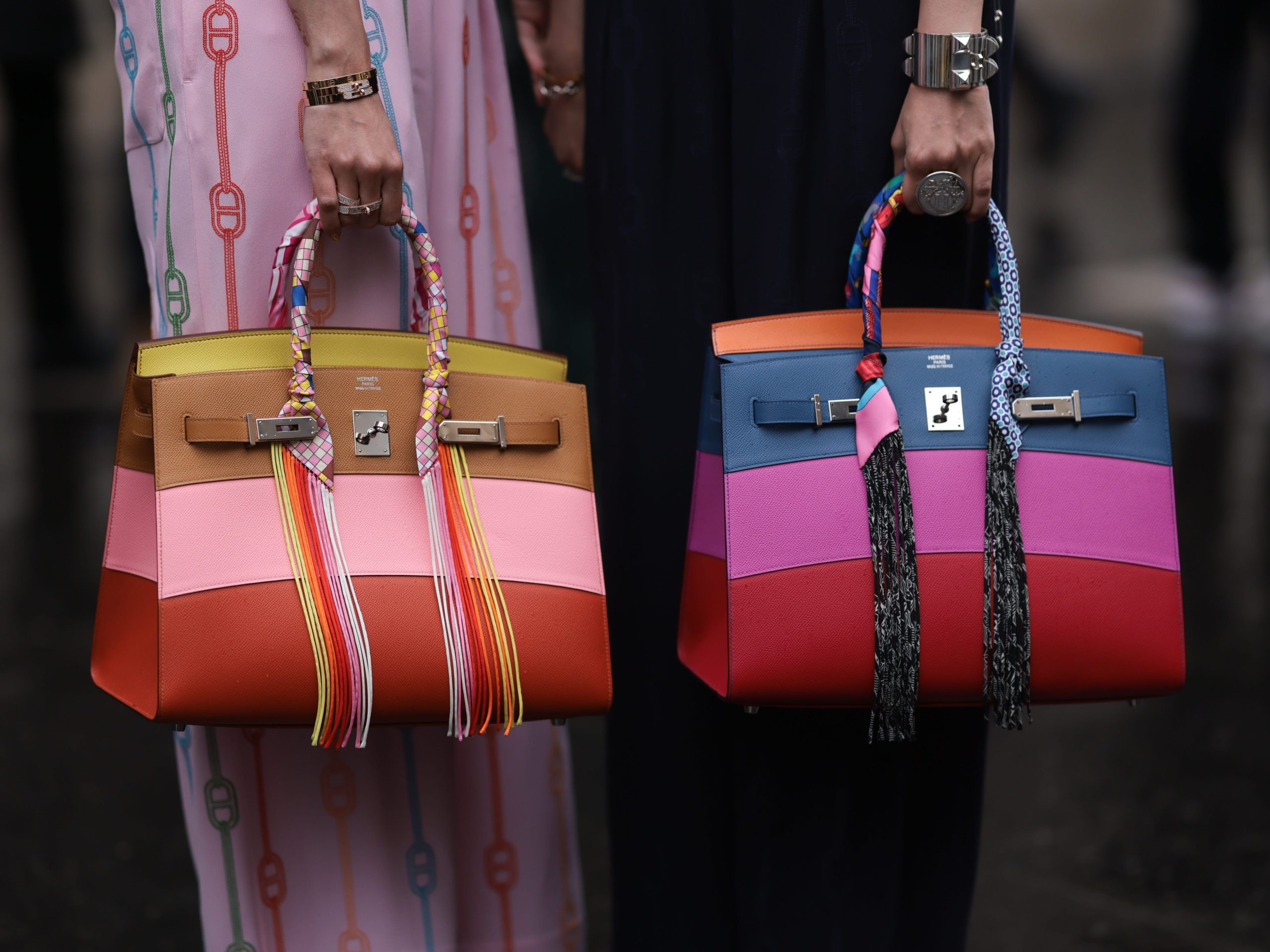The esteemed chief executive of the iconic French luxury house Hermès, Axel Dumas, has voiced significant displeasure regarding the burgeoning presence of new Birkin handbags on secondary markets, asserting that this phenomenon actively undermines the brand’s cherished relationship with its genuine clientele.
Dumas candidly expressed during a recent earnings call that the influx of what he termed “false customers” — individuals who acquire these highly coveted bags solely for the purpose of immediate resale — directly impedes Hermès’ ability to serve its loyal and legitimate patrons, presenting a substantial operational and philosophical concern for the company.
This development, which sees newly purchased Birkin bag models quickly appearing on the resale market, clearly perturbs the CEO. His remarks indicated a profound personal vexation, stating, “I pull a face, and I’m not happy, and it doesn’t make me feel in a good mood,” underscoring the emotional impact this practice has on the leadership of the luxury fashion brand.
The Birkin bag itself stands as perhaps the most emblematic product of Hermès, a testament to enduring design and unparalleled craftsmanship. Launched in 1984 and named after the British actor and singer Jane Birkin, its mystique is amplified by its exclusivity and an entry retail price exceeding $10,000 in the United States, cementing its status as a premier symbol of luxury fashion.
The immense desirability of the Birkin has inevitably led to a thriving secondary market, where both authentic new and pre-owned bags are traded. However, for many sellers, especially those purchasing at retail to resell, the expectation of turning a profit often clashes with market realities, leading to disappointment when offers fall below their initial investment.
Despite these challenges, it is acknowledged within the industry that certain classic bags from renowned houses like Hermès and Goyard can indeed appreciate in value, allowing for profitable transactions when sold on the secondhand market. This creates a nuanced landscape for both brands and consumer behavior.
This pervasive issue highlights a critical dilemma for top-tier luxury fashion brands: how to uphold brand integrity and exclusivity in an era defined by fluid digital marketplaces and evolving consumer attitudes toward ownership and investment. The balance between accessibility and maintaining a rarefied image becomes increasingly precarious.
Ultimately, the sentiments voiced by Hermès’ CEO illuminate the persistent struggle for high-end fashion houses. They must continuously strategize to protect their heritage and ensure customer loyalty against the backdrop of an opportunistic resale market that, while vibrant, can inadvertently erode the very foundations of their exclusive brand narratives.






Leave a Reply